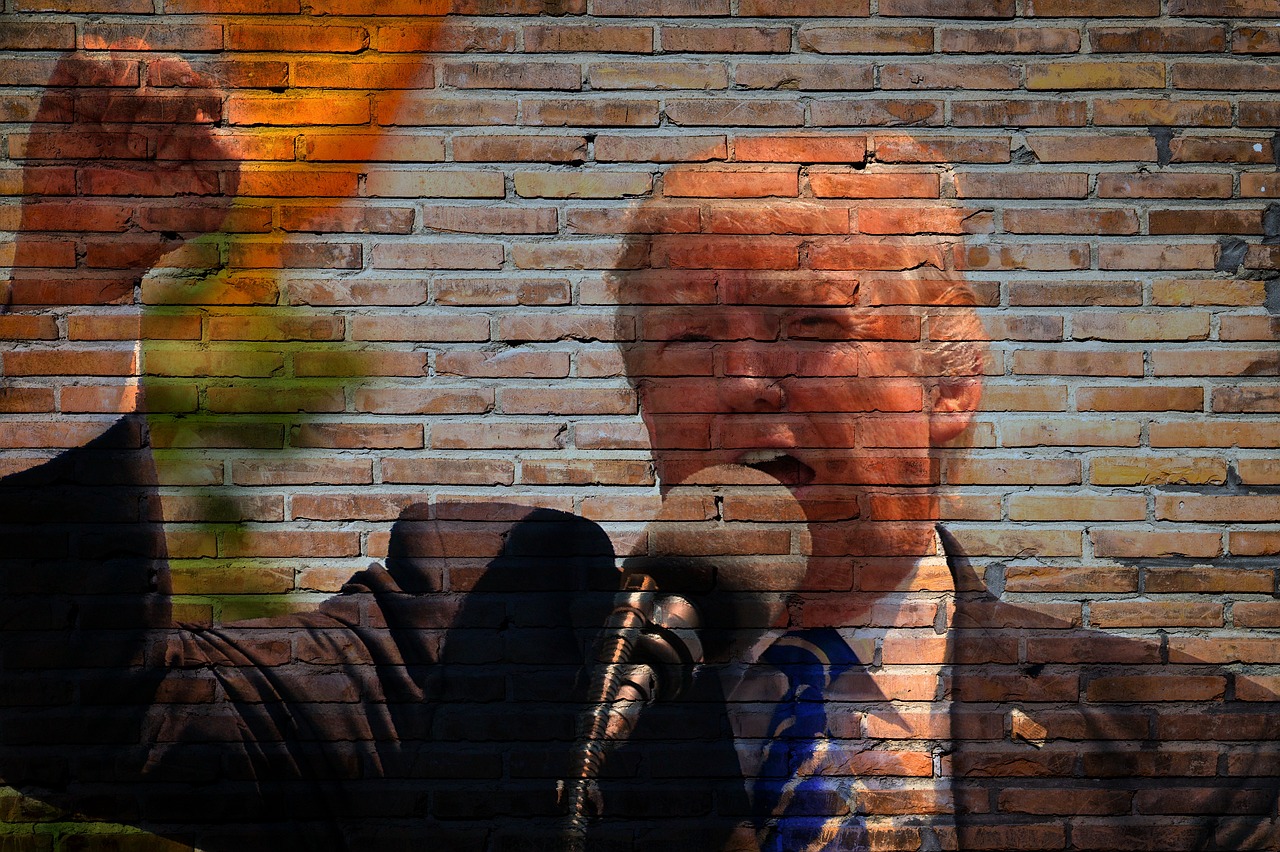An Unpredictable Future: Trump Declares Victory
As the dust settles on the recent U.S. presidential election, Donald Trump of the Republican Party emerges victorious with 70,010,707 votes (51.1%), while Kamala Harris of the Democratic Party garnered 64,735,926 votes (47.3%). This outcome not only reshapes the American political landscape but also poses significant implications for international relations, particularly for the United Kingdom. The unpredictable nature of Trump’s leadership leaves many in foreign ministries across the globe contemplating their next moves.
Navigating Uncertainty in UK-US Relations
The transition to a second Trump presidency raises numerous questions about diplomatic dynamics. Observers note that upcoming interactions between Sir Keir Starmer, a former human rights lawyer, and Trump may not be seamless.
The character compatibility between Starmer and Trump appears challenging based on their contrasting styles.
Starmer’s outreach efforts have been evident; he previously met with Trump at Trump Tower in September and managed to secure an early call with him following a critical security incident. These gestures were interpreted as positive steps toward fostering a working relationship. The British Embassy’s effective diplomatic strategies, led by Ambassador Dame Karen Pierce, have played a crucial role in these engagements.
Foreign Secretary David Lammy has also been proactive in his efforts to connect with Trump’s circle, having visited Washington multiple times to build rapport. He articulated his understanding of Trump’s agenda regarding America First, emphasizing the need for Europe to bolster its defense contributions.
Preparing for a Bumpy Ride Ahead
Despite these diplomatic overtures, there’s a palpable tension surrounding what lies ahead. Recent controversies involving alleged interference by UK political figures in U.S. elections highlight potential friction points.
Some diplomats express concern that Trump’s focus may not align with UK interests, suggesting that relationships could become transactional rather than collaborative.
With rising geopolitical tensions and issues such as ongoing support for Ukraine potentially at risk under a Trump administration, European leaders are understandably apprehensive. Simultaneously, economic concerns linger over possible tariffs and trade negotiations that could affect transatlantic relations.
To mitigate these uncertainties, British officials are actively engaging with key figures from Trump’s previous administration and preparing for varied scenarios of cooperation or conflict.
As global politics continues to evolve under Trump’s leadership, it remains to be seen how effective prior preparations will be in navigating this turbulent landscape. The stage is set for another complex chapter in U.S.-UK relations that warrants close observation in the months ahead.


